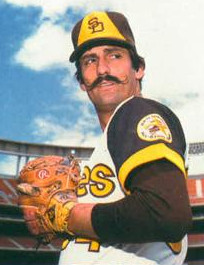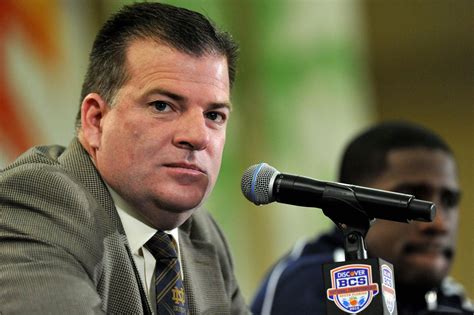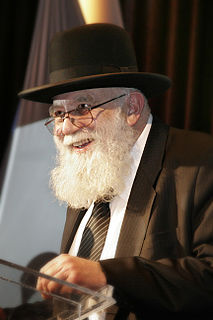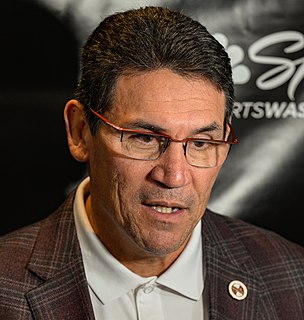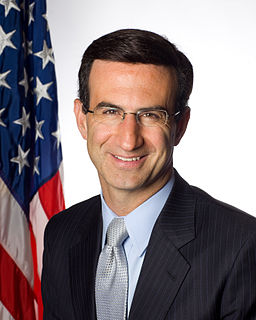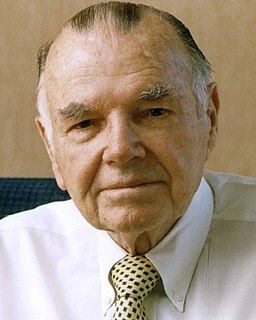A Quote by Jason Fried
When it comes to making decisions, I'm not what you'd call a numbers guy.
Related Quotes
If we decide rightly what to do, or use a correct procedure for making such decisions, that has to be because the decisions or the procedure rest on good reasons, and these reasons consist in the apprehension of truths about what we ought to do. Because these truths must constitute reasons for our decisions, and because in the rational order, reasons must always precede the decisions based on them, the truth conditions of claims about what we ought to cannot be reduced to, or constructed out of, decisions about what to do, or procedures for making such decisions.
The numbers are there just to help you - at the end of the day you've still got to make the decision. There are certain things the numbers can't quantify: They can't quantify injuries, they can't quantify the weather, they can't give you a number on whether the referee's going to make a good call or a bad call.
In acting, there's a type of courage you're recognized for all the time. You lose 100 pounds and play a guy with AIDS, and you get rewarded. But, in life, doing what is courageous is quiet, and no one knows about it. Courage is someone making sacrifices for their family or making selfless decisions for what they hope or feel.

